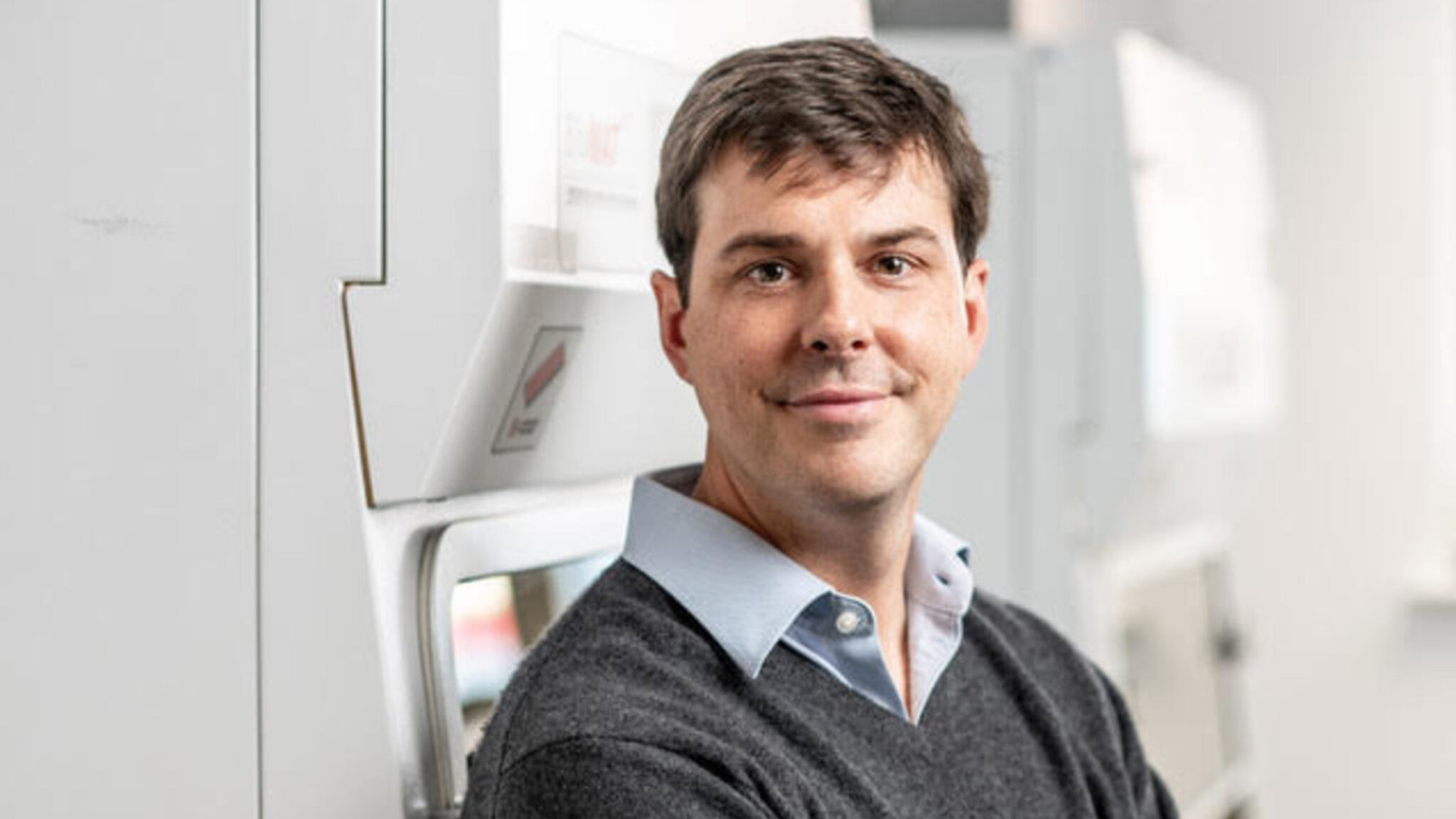
UK upstart raises $100M in bid to digitize and standardize cell and gene therapy manufacturing
There’s a giant need for cell and gene therapy manufacturing options going forward, as companies move to invest massively into that space. Ori Biotech is the latest, as the UK-based biotech announced it has secured more than $100 million in its oversubscribed Series B funding round Tuesday.
Novalis LifeSciences led the round. The Boston-based company is led by chairman Marijn Dekkers and partner Paul Meister, who built Thermo Fisher Scientific. Dekkers went on to become the CEO of Bayer, and is currently also the chairman at Ginkgo Bioworks.
Unlock this article instantly by becoming a free subscriber.
You’ll get access to free articles each month, plus you can customize what newsletters get delivered to your inbox each week, including breaking news.